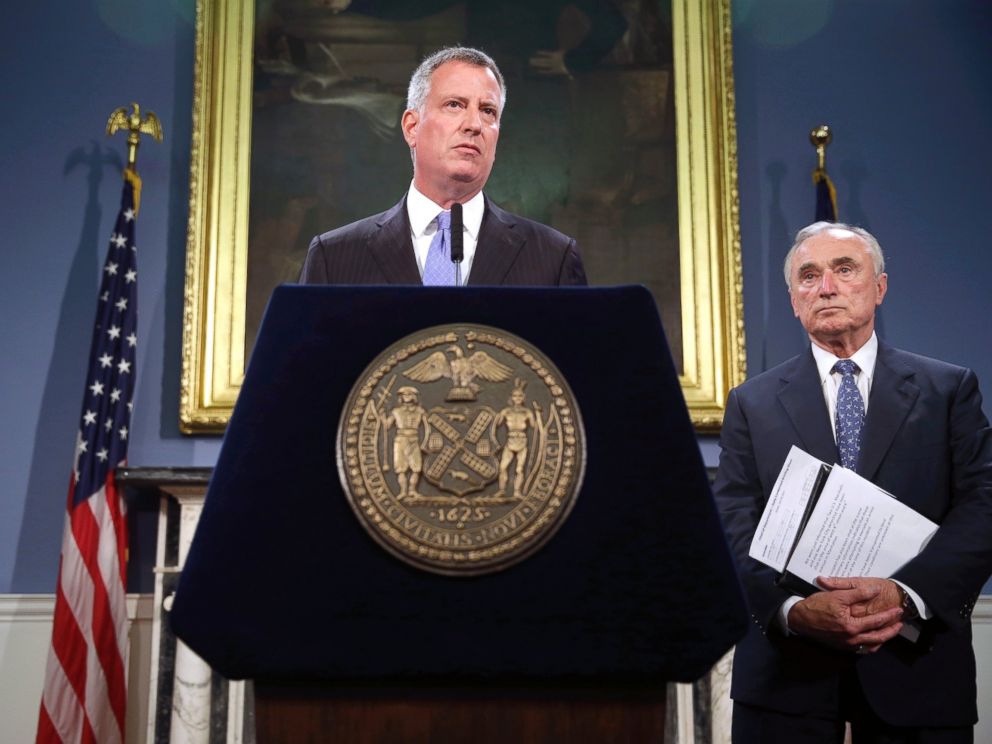Washington (CNN) -- President
Barack Obama will order immigration officers to deport "felons not
families" as he wields executive power to shield five million undocumented
immigrants in the most sweeping overhaul of the immigration system in decades.
Obama will reject
claims he is offering a free pass to undocumented immigrants and argue that
"the real amnesty" would be leaving a broken system as it is now,
according to excerpts of his remarks released by the White House.
"Mass amnesty
would be unfair. Mass deportation would be both impossible and contrary to our
character. What I'm describing is accountability -- a commonsense, middle
ground approach," Obama will say.
"If you meet the
criteria, you can come out of the shadows and get right with the law. If you're
a criminal, you'll be deported. If you plan to enter the U.S. illegally, your
chances of getting caught and sent back just went up."
Obama will lay out
changes he is making to immigration laws without the consent of Congress. A key
element of his plan is to instruct immigration authorities to prioritize
expulsion action against gang members, felons and suspected terrorists rather
than law abiding undocumented parents of U.S. citizens and residents and
others, senior administration officials said.
The changes will
offer those who qualify the chance to stay temporarily in the country for three
years, as long as they pass background checks and pay back taxes. But they will
not be offered a path to eventual citizenship or be eligible for federal benefits
or health care programs. And, in theory, the measures could be reversed by a
future president.
Republicans
are slamming Obama's use of executive authority as a mammoth presidential power
grab. But aides said the President was tired of waiting to act and felt
compelled to go it alone because House Republicans refuse to vote on a bill to
fix the broken immigration system that cleared the Senate more than 500 days
ago.
"Instead of
working together to fix our broken immigration system, the President says he's
acting on his own," Republican House Speaker John Boehner said in a
YouTube video released before the president's speech. "The President has
said before, that he's not king and he's not an emperor. But he's sure acting
like one."
But Obama will say he
is acting in a manner consistent with action taken by every Republican and
every Democratic president in half a century.
"To those
members of Congress who question my authority to make our immigration system
work better, or question the wisdom of me acting where Congress has failed, I
have one answer: Pass a bill."
















.jpeg)


